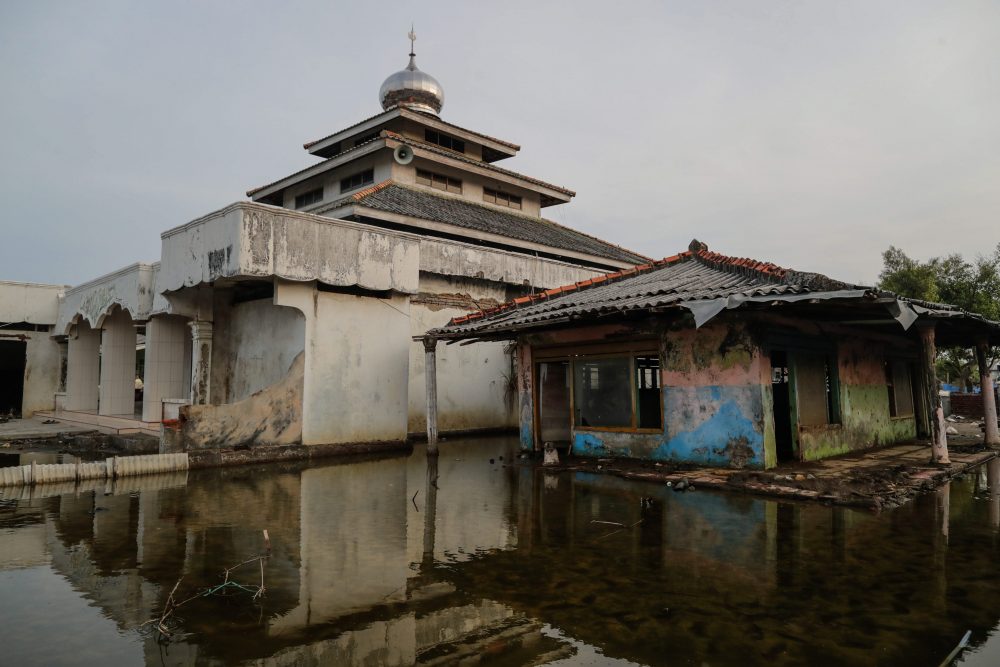If the threat of a global coronavirus pandemic isn’t enough to keep some people indoors, what about the threat of being locked up with “ghosts” in a haunted house?

Lawmakers in Indonesia‘s Sragen region have started confining quarantine violators to abandoned buildings on the island of Java, where local legends suggest the abodes might be haunted. It’s part of a novel effort to motivate a superstitious population through the supernatural when scientific arguments fall short.
Kusdinar Untung Yuni Sukowati, regency head of Sragen, issued the order earlier this week amid a surge in newcomers from other locked-down parts of the country, including the capital city of Jakarta. The order was put in place amid concern that visitors to the island of Java were not self-isolating for 14 days upon their arrival.
“I gave my permission. If need be, they should be locked inside — in a haunted house if necessary. But we’d still feed them and monitor them.”

Get breaking National news
She says five people have been quarantined in abandoned homes to date.
“If there’s an empty and haunted house in the village, put people in there and lock them up,” Sukowati told the AFP on Tuesday.
One long-abandoned house in the rice fields of Plupuh has been repurposed to house two people, Sukowati said.
She added that if they could obey the rules, they wouldn’t be spending their quarantine in a haunted house.
- Epstein files fallout: People who’ve resigned or been fired after DOJ release
- Inuit look to Greenland’s social model as Canada pursues military buildup in Arctic
- White House says tariff rollback reports ‘speculation’ unless announced
- Europe looks to boost its security, urges U.S. to ‘repair and revive trust’
Another abandoned home in the village of Sepat was fitted with beds to house three new arrivals, the AFP reports.
Henri Susanto, who was locked up at the home, told AFP that he hasn’t seen any ghosts yet.
“But whatever happens, happens,” he said. “Lesson learned.”
—
Questions about COVID-19? Here are some things you need to know:
Health officials caution against all international travel. Returning travellers are legally obligated to self-isolate for 14 days, beginning March 26, in case they develop symptoms and to prevent spreading the virus to others. Some provinces and territories have also implemented additional recommendations or enforcement measures to ensure those returning to the area self-isolate.
Symptoms can include fever, cough and difficulty breathing — very similar to a cold or flu. Some people can develop a more severe illness. People most at risk of this include older adults and people with severe chronic medical conditions like heart, lung or kidney disease. If you develop symptoms, contact public health authorities.
To prevent the virus from spreading, experts recommend frequent handwashing and coughing into your sleeve. They also recommend minimizing contact with others, staying home as much as possible and maintaining a distance of two metres from other people if you go out.
For full COVID-19 coverage from Global News, click here.









Comments
Want to discuss? Please read our Commenting Policy first.